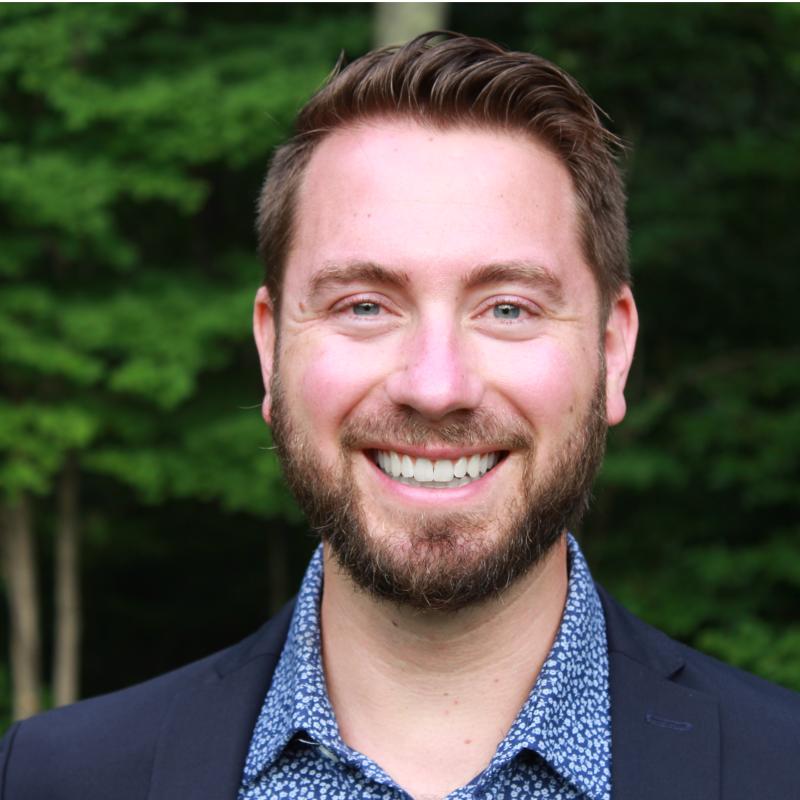Gregory Joel Hitch (He/Him)

Room 313
Environmental Studies
Gregory Hitch received his Ph.D. from Brown University in 2022, served as the Jill Beck NEH Postdoctoral Fellow in the Humanities in the Department of Ethnic Studies at Lawrence University from 2022-24, and has since been hired as an Assistant Professor of Environmental Studies at Lawrence starting in Fall 2024.
As a community-engaged interdisciplinary scholar, Hitch works with Indigenous communities fighting for environmental justice and sovereignty, in addition to researching the environmental history of settler colonialism in the United States. While at Brown, he co-curated a museum exhibit and wrote a photo essay published in Edge Effects on the use of drones as counter surveillance at the Dakota Access Pipeline Protests at Standing Rock. Employing reciprocal research methods, Hitch volunteered with the Menominee community to halt unsafe mineral extraction near Menominee waterways and find alternatives to extractive capitalism grounded in food and energy sovereignty, working with Menominee nonprofits to build out solar energy and small-scale organic agriculture, including two fully funded solar panel installations. Hitch’s engaged research resulted in the publication with Marcus Grignon, a Menominee community organizer, of an article in American Quarterly, titled, “A Forest of Energy: Settler Colonialism, Knowledge Production, and Sugar Maple Kinship in the Menominee Community.”
Hitch is currently working on a book project about the Menominee Nation based on over a decade of community-engaged ethnographic and archival research. Regenerative Power: The Menominee Nation’s Long Fight to Save an Old-Growth Forest, under advanced contract with the University of Washington Press, tells the story of how the Menominee preserved the last old-growth forest in what is currently Wisconsin, arguing that the Menominee were able to do this by consistently adapting to and resisting colonization by holding on to their ancestral knowledges, lifeways, and inter-species ethical frameworks while also appropriating dominant science and technologies to further their goals. In so doing, I demonstrate how to ethically do research with Indigenous communities and reveal a complex and adaptive Menominee knowledgeway based in energy flows as social relations, which in turn gave rise to a world-renowned method of regenerative forestry. I was recently awarded the Richard H. Brown/William Lloyd Barber Fellowship at the Newberry Library in Chicago to work on this project.
At Lawrence, Hitch teaches courses in Environmental Studies and Ethnic Studies, which range from Native American history surveys to environmental justice seminars. In his most recent course, Indigenous Ecology: Ancestral Knowledges and Science in Action, students worked with Menominee community organizations on environmental justice projects, including researching and planning the deployment of solar energy to power an aquaponics greenhouse, creating a sustainability curriculum, as well as researching and writing an op-ed to bring awareness to a proposed sulfide mine threatening some of the Menominee’s most important heritage sites. Through this community-engaged course, Hitch has been able to teach the next generation of environmental and policy professionals how to ethically and reciprocally work with Native communities. In sum, his teaching employs multiple ways of learning, creates hope for students amid a world of (environmental) injustices, and inspires students to excel at careers that will benefit humanity and the more-than-human environment.
You can learn more about Greg's work at https://gregoryhitch.com/